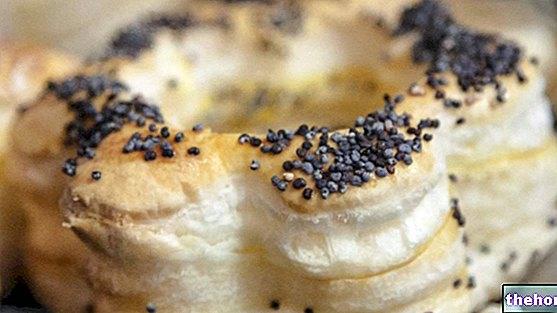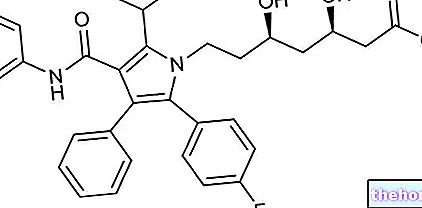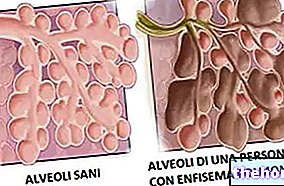Generality
Mythomania is a psychopathological manifestation characterized by the recurrent need to distort reality, intentionally elaborating unlikely fictitious scenarios.

- Hide your weaknesses from others;
- Protect yourself from the judgment of others;
- Increase your self-esteem;
- Arouse admiration, esteem, or compassion in other people.
Another recurring attitude among mythomaniac individuals is the tendency to exaggerate and boast about their abilities, performances or experiences.
Over time, the habit of lying can evolve into a personality disorder, as the author himself ends up believing what he invents.
The causes of mythomania can often be found in painful memories of a loss or failure, too high expectations of friends or parents, or other events so negative that they are impossible for the person who experienced them to accept. Certain environmental stimuli and biological-genetic factors can also contribute to the disorder.
Frequently, the typical attitudes of mythomania are established as a sort of barrier with which to hide the frailties and prevent others from taking advantage of this weakness. If pressed by the doubts of others or by real difficulties, such as requests for services inherent to his attitude of exceptionality, the mythomaniac must learn to deceive. This solution is not, however, infallible: the refutation of lies and the confrontation with reality can demolish the mythomaniac's vision of superiority, who can have a depressive breakdown.
A useful approach to overcome the disorder is cognitive-behavioral psychotherapy, which allows to trace the causes of the behavior and modify them. The condition can also benefit from drug therapies based on anxiolytics, antidepressants (SSRIs) and / or mood stabilizers.
Mythomania: what is it?
Also called fantastic pseudology, mythomania is a psychological disorder that leads to manipulating the truth and lying in a pathological and continuous way.
A mythomaniac person creates situations and events by adding his own, according to what he believes in.
In addition to the recurring urge to lie, mythomania is also characterized by a tendency to brag about one's abilities to prove one's superiority. In a sense, therefore, the disorder is a variant of megalomania.
The peculiar traits with which mythomania presents itself are, therefore, invention and exaggeration.
- The habit of compulsively telling lies can develop from childhood: many children have difficulty coping with some frustrations and end up, to some extent, lying to their parents for fear of disappointing their expectations, to try to preserve their image or to avoid punishment. This phenomenon becomes a pathological character when the child (or the adult) prone to mythomania finds that the lie can be understood as truth, without associated negative consequences.
On the other hand, a feeling of pleasure and power can easily lead to repeating the same behavior. For example, when colleagues find interest in the compelling and imaginative fictional stories reported by the mythomaniac, he begins to feel accepted and, consequently, always invents lies. more incredible. From this results the habit of repeating the behavior, even without a specific purpose.
Therefore, the mythomaniacs enter a vicious cycle built on lies to respond to expectations and to feel good, ending up confusing fantasy and reality.


-cos-cause-e-terapia.jpg)

























